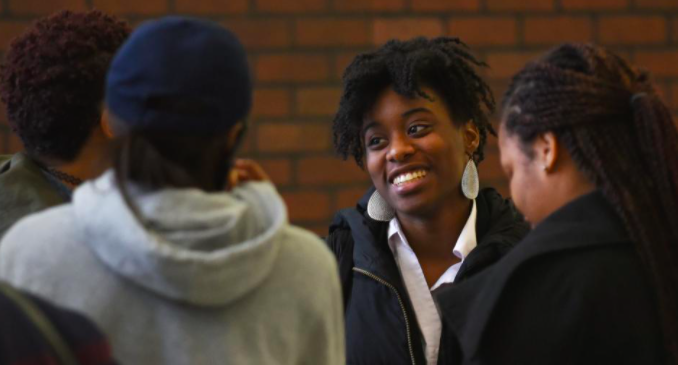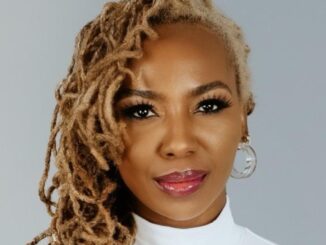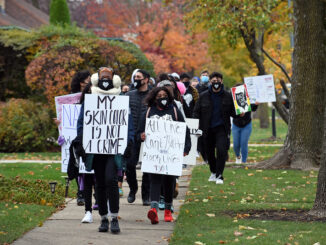
Nkuzi Nnam, professor of Black World Studies, reflects on the role of activism and education and strategies for inclusion, amid the racial reckonings of 2020.
Nnam said that he focuses on the systemic racial inequality as opposed to the police assault. Having many of his students from Dominican University who graduated to become “fine policemen and women”, Nnam explains that the more destructive effects of racism are embedded in the institutions we have today.
“People tend to look at individual racism but the problem is, it is more of a system….that means, the kind of racism that is found in society that has become a culture of the people” Nnam said. “It is so engrained that many people don’t consider it to be racism. These are the more destructive ones, and that is what’s in our society, and it’s very dangerous”
The racism in societal institutions, according to Nnam, span from criminal justice, employment, housing, to education. The origin of the racism starts with the slavery in America. When slavery was abolished in 1865, the Jim Crow Laws were instituted the same year in communities to segregate African Americans.
The segregation continued until 1954 with the passing of Brown vs. Board of Education. Miscegenation, which made interracial marriages between blacks and whites illegal, is outlawed in 1967 with the passing of Loving v. Virginia. Nevertheless, the segregation and miscegenation continued until they are generally outlawed by the Civil Rights Act of 1964.
“So my point is, we can continue to talk about systemic racism forever, but it’s not just endemic with the police, it’s everywhere” Nnam said. He points out the reality of discrimination towards African Americans also intrenches education, employment, and many other social areas.
He believes that education and activism are solutions to the reckonings of racism.
When Nnam started teaching in Dominican University 1990, he advocated for black studies in Dominican University. The support of the student Dean and the university President along with Nnam’s pedagogical aspirations formed the black world studies program in 1999.
The program was originally called African & African American Studies, but later changed the name to Black World Studies [BWS] to include black students from outside the United States.
“Minorities are human beings, just like everybody else, and [BWS is] teaching people to understand that it’s out of ignorance that anyone would consider another person to be different based on the color of their skin” Nnam said.
BWS offers courses on hip-hop, history, philosophy, and other areas contributed from other departments of the university.
“The goal is not just for people who have majors and minors in Black World Studies” Nnam said, “through the classes that we teach, we serve the entire school population, and that’s the goal; so people can begin to learn more of the commonness of human race”
The awareness of black contribution to the world, and adequate police training during orientation are, according to Nnam, important aspects to consider in contemporary society. Along with education, non-violent activism also light the way for collaboration against racism.
Other than education and activism, Nnam also started the Elders Council to raise financial support for students who otherwise would consider transfer to another school.
The council, made up of 10 to 20 people from outside the school, met once a month and raised $25,000, an amount the university president Donna Carroll matched. The proceeds of the total $50,000 enables some students to stay.
The goal, Nnam said, is to eventually have $100,000 or more to support or retain black students at the university.
Nnam hopes that the university will also invest in recruitment of black students and faculties of color.
“Because the more those students walk into the classrooms and see people who look like them, I think there [will be] more chances of [them] wanting to stay at Dominican” Nnam said.




7 Trackbacks / Pingbacks
Comments are closed.